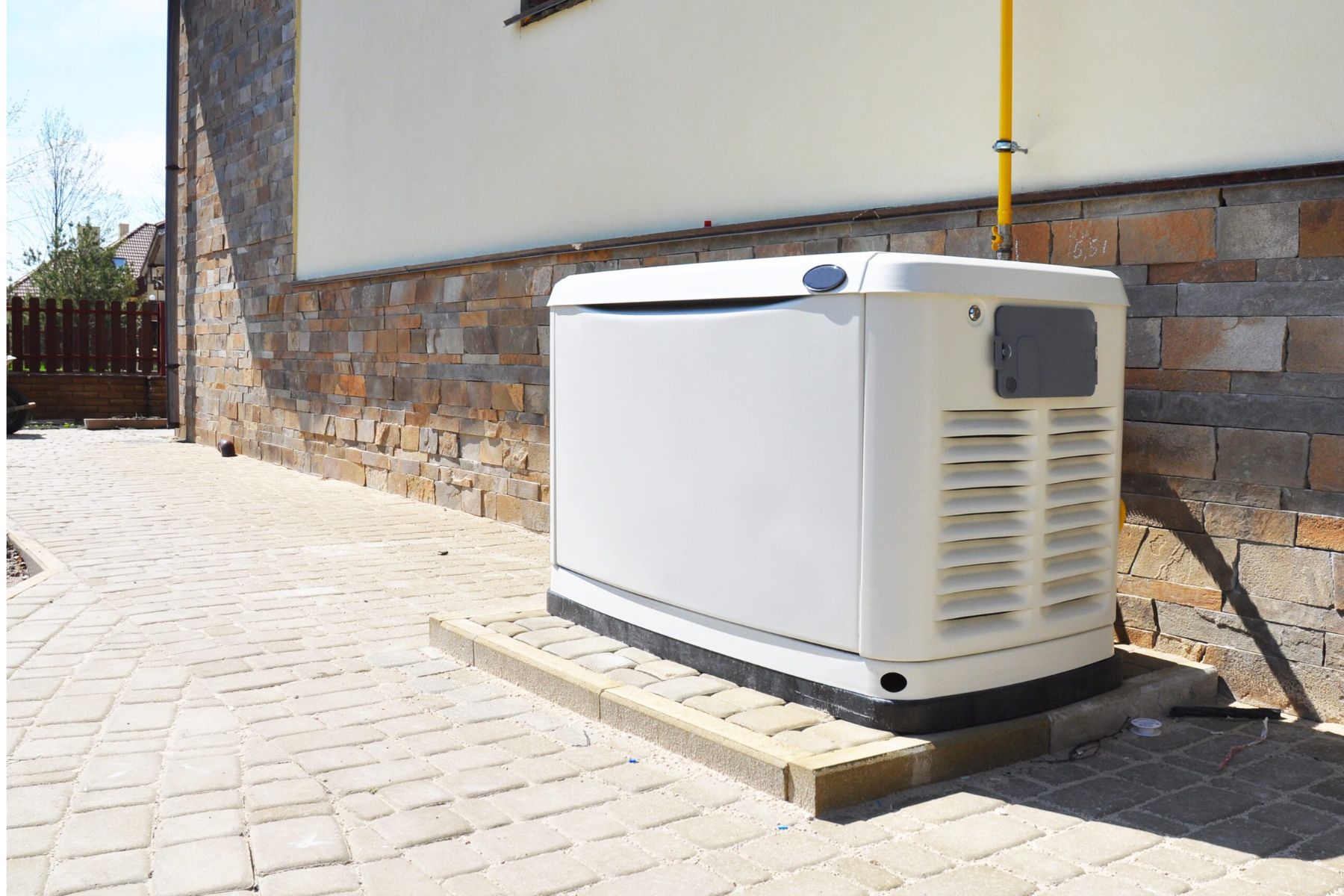

As Connecticut residents, we understand the unpredictability of the weather in our region. Even in the fall, one moment it may be bright and sunny, and the next a thunderstorm could be rolling in. For this reason, having a reliable home generator is so important. Not only can it provide peace of mind during unexpected power outages, but it can also be a lifesaver when dealing with inclement weather. Whether you need to power your lights, appliances, or medical equipment, a home generator can be a game-changer.

From the basics to critical equipment, a standby home generator can provide peace of mind during the most unexpected times.
During a power outage, having a reliable power source becomes essential. It’s not just about keeping the lights on, but also about maintaining the functionality of our daily lives. Without power, we can’t charge our phones, keep our food fresh, or power medical equipment. This is where a home generator becomes crucial. A reliable power source provides peace of mind and allows you to carry on with your daily activities without disruption.
Home generators may seem like complex machines, but in reality, they are quite simple. Essentially, a home generator works by converting mechanical energy into electrical energy. It consists of an engine that is fueled by propane or natural gas, which drives an alternator to produce electricity. When a power outage occurs, the generator automatically senses the loss of power and kicks into action. It starts up, and within seconds, it begins supplying electricity to your home. Once the power is restored, the generator automatically shuts off, ensuring a seamless transition back to the grid. With this understanding of how a home generator works, you can see the peace of mind it can provide during power outages.
When it comes to choosing the right size and type of generator for your home, there are a few factors to consider. First and foremost, you’ll need to determine your power needs. Consider what appliances and devices you’ll want to power during an outage. This will help you determine the wattage requirements of your generator. Additionally, you’ll want to consider the fuel source. Propane and natural gas are the most common options, but each has its pros and cons. Finally, think about the installation process. Sourcing an experienced electrical solutions team can take the guesswork out of the set up and ensure safety. Some electrical experts can not only source innovative equipment, but also run the propane or gas lines, saving you time and cost.
Installing a home generator may seem like a daunting task, but with the right knowledge and guidance, it can be a seamless process. First, you’ll need to determine the best location for your generator. This typically involves finding a flat, well-ventilated area outside your home that is easily accessible for maintenance. Next, you’ll need to connect your generator to your electrical panel through a transfer switch. This switch allows for a safe and efficient transfer of power from the generator to your home’s electrical system. It’s important to hire a professional electrician for this step to ensure everything is installed correctly and up to code. Lastly, you’ll need to test your generator to make sure it’s working properly. This involves starting up the generator, allowing it to run for a few minutes, and testing the power supply in your home. By following these steps and seeking professional assistance, you can expect a smooth and successful installation of your home generator.

Find a flat, well-ventilated area to install your standby home generator. Constructing a simple concrete pad for the generator to sit can work as well.
To ensure that your home generator is ready to go when you need it most, it’s essential to perform regular maintenance. Here are a few maintenance tips to keep your generator in top-notch condition:

Installing a wireless monitor on your standby home generator can enable you to proactively know operating status, its maintenance schedule and more directly from your phone, tablet or computer.
By following these maintenance tips, you can ensure that your home generator is always ready to provide power when you need it most. Don’t wait until the next storm hits—contact us today and learn more about the best generator options for your home and family. We proudly offer state-of-the-art Generac generators for any size of home or organization. Let us assist you by taking proactive steps to purchase and maintain your generator so you can enjoy greater peace of mind this fall.